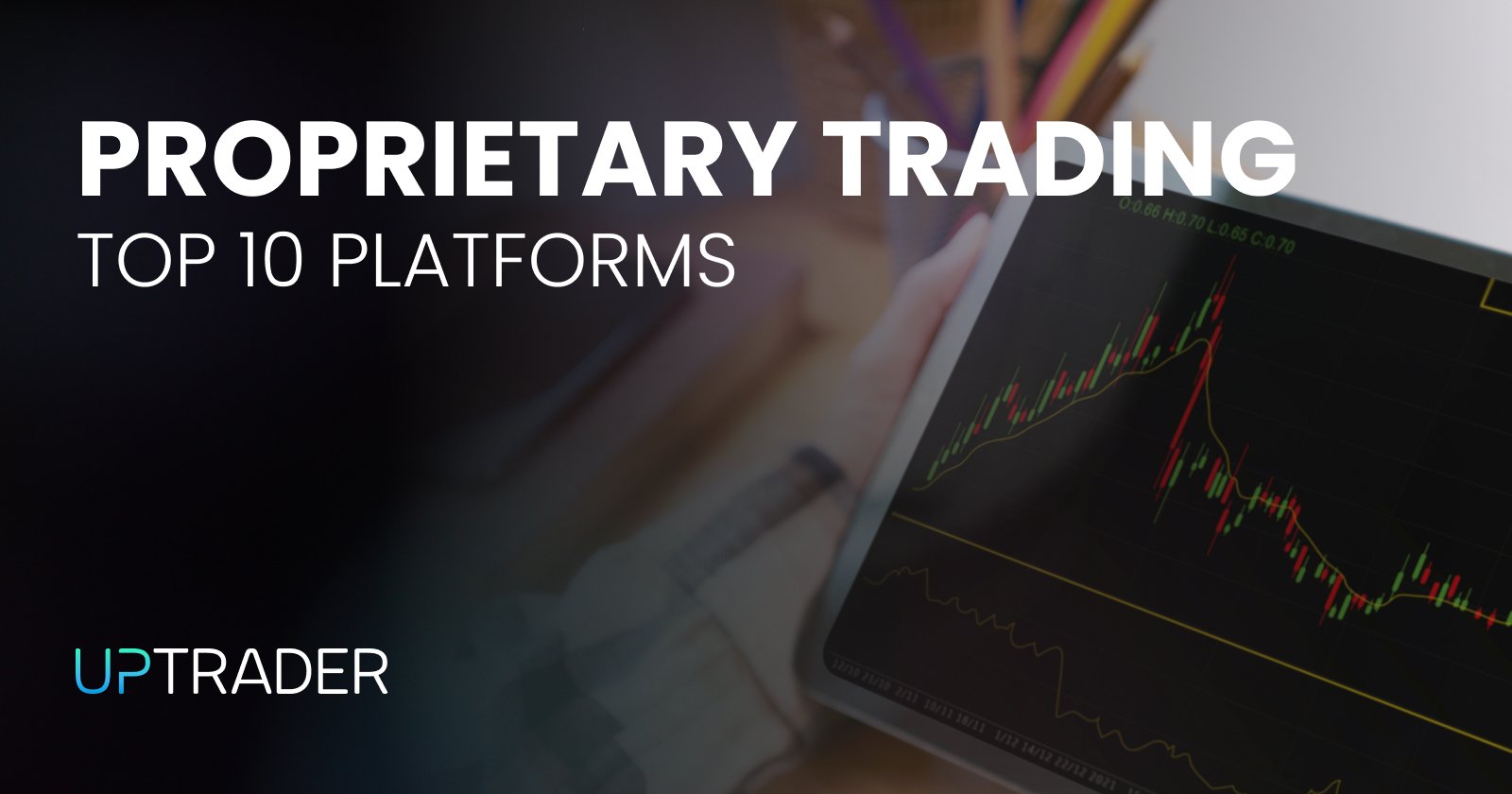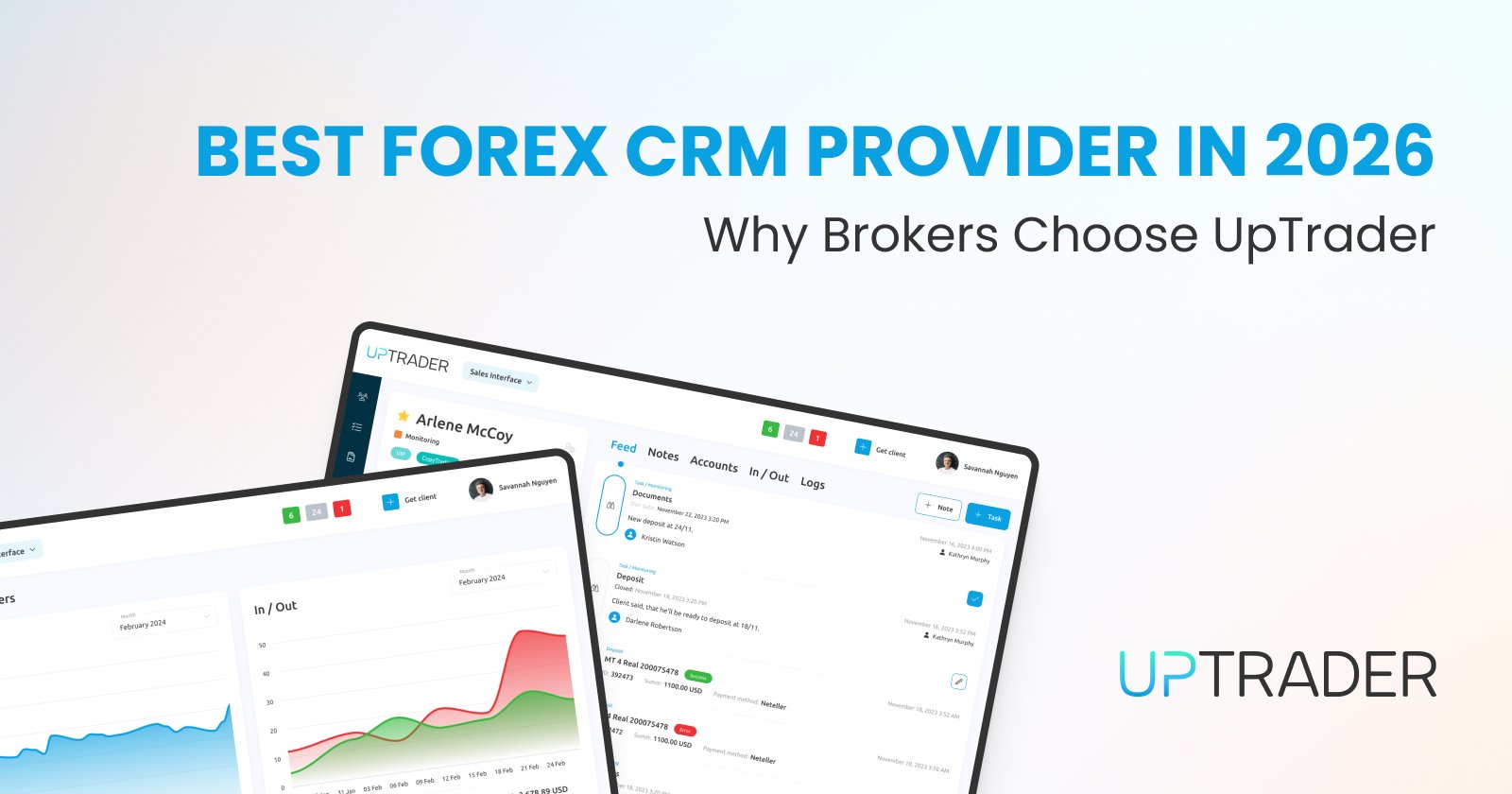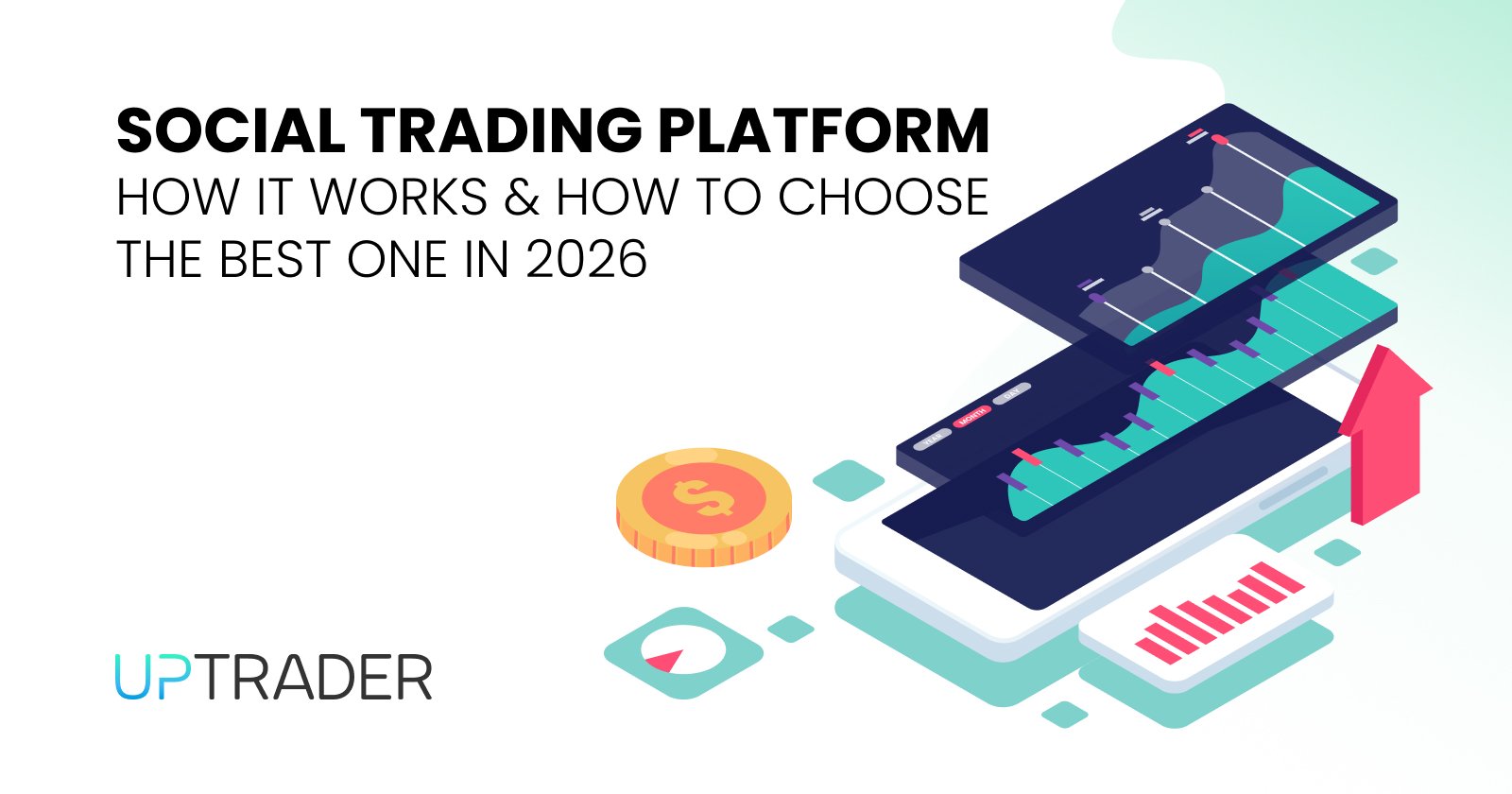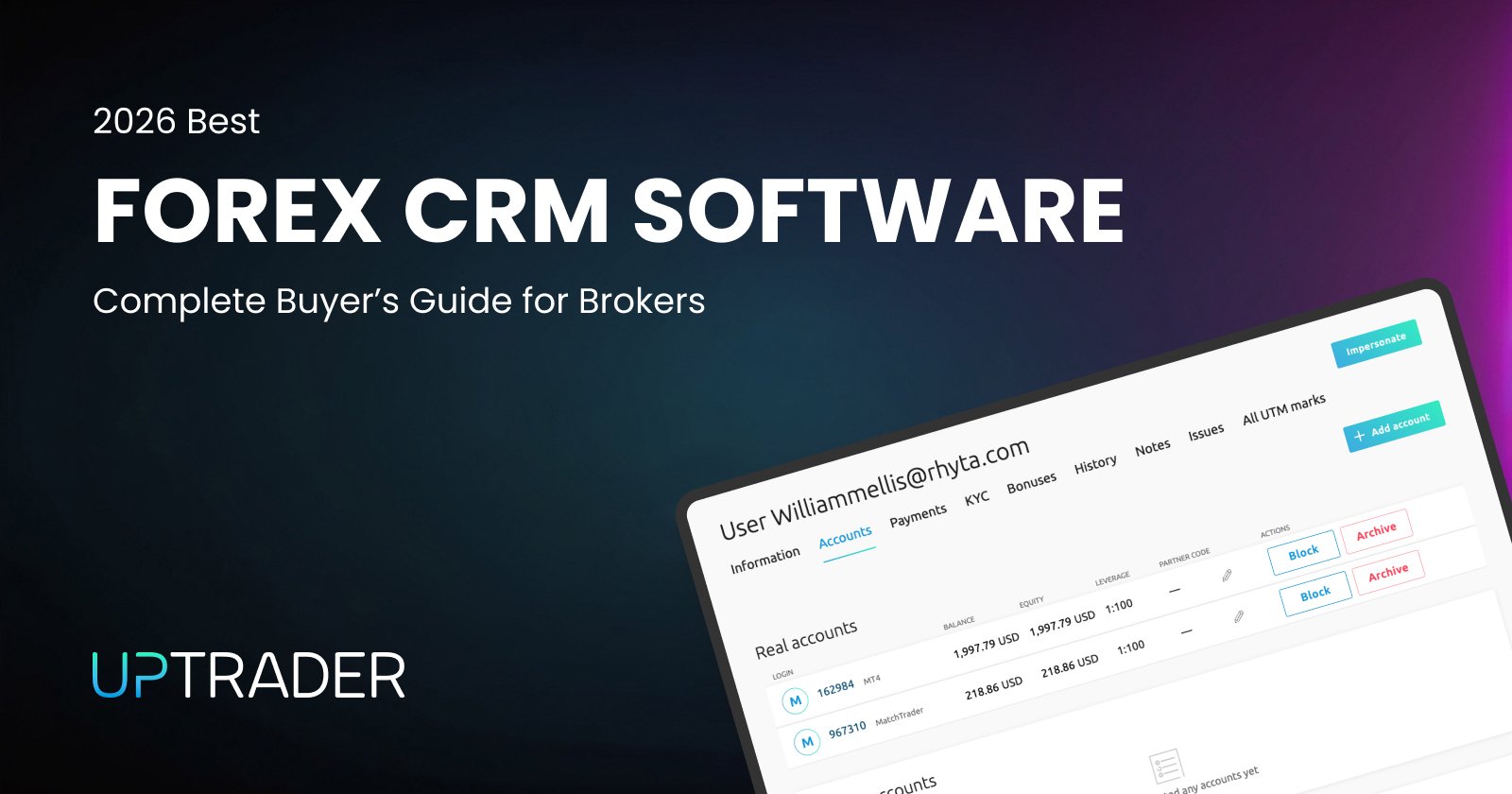Proprietary Trading: Top 10 Platforms

Share this publication:
What is Proprietary Trading?
Proprietary trading is better known as prop trading. In prop trading, trades are carried out using the capital of the equipped traders or the capital of a certain financial institution. In simple terms, a prop trader will trade the markets solely for the purpose of making profits for themselves or for the company and not for any clients as a traditional trader does.
Within proprietary trading, traders apply their know-how, tactics, and risk management in order to exploit the market. This type of trading is self-filled with enough independence, flexibility, and high expectation of return and thus is very appealing to both traders and financial companies’ enterprises.
The proprietary trading is not limited to a few selected investment strategies as it invests in several asset classes that include equities, fixed income, currencies, commodities, and exchange-traded derivatives among many others. This gives the trader time to use the market fluctuations for their profits.
Key Elements of Proprietary Trading
The key elements of proprietary trading revolve around the firm’s ability to use its capital to pursue higher returns through aggressive and often sophisticated market strategies. Unlike client-based trading, prop trading focuses on profit maximization by directly exploiting market opportunities in stocks, bonds, commodities, currencies, and derivatives.
Firms often use leverage, borrowing additional capital to amplify potential returns, which significantly increases their exposure to market risk.
Advanced trading strategies, such as high-frequency trading, arbitrage, and complex derivatives, are commonly employed to gain a competitive edge. Risk management becomes critical due to the high stakes involved, as firms must balance the potential for large profits with the possibility of substantial losses.
This combination of autonomy, leverage, and advanced strategies gives proprietary trading its distinct advantage but also makes it riskier than client-driven trading.
Top 10 Proprietary Trading Platforms
-
UpTrader
UpTrader's CRM ecosystem now supports Prop Trading with the integration of Trading Platforms 4 and 5, cTrader, Match Trader, dxTrade, and other platforms. This integration aims to simplify the process of establishing or integrating prop firms. With UpTrader's support, brokers can optimize their operations and capitalize on the advantages of Prop Trading, the company mentioned.
With over a decade of experience, UpTrader offers CRM solutions for the forex market and specializes in cloud-based solutions. The firm provides a suite of services, including, liquidity solutions, and copy trading platforms.
If you want to try UpTraders prop trading platform or other amazing functionalities like CRM solutions, copy trading platforms, etc. Then talk to a consultant on our site today!
Talk to a consultant here.
-
Trading Platform 5
It is a powerful and versatile trading platform that supports a wide range of asset classes, including forex, stocks, futures, and cryptocurrencies. It offers advanced charting capabilities, automated trading strategies (Expert Advisors), and a user-friendly interface.
Visit Trading Platform 5 here.
-
cTrader
Developed by Spotware Systems, cTrader is a popular platform among prop traders and brokers. It offers a wide range of trading tools, including advanced order types, depth of market (DOM) visibility, and a customizable user interface.
-
NinjaTrader
NinjaTrader is a widely used platform for proprietary trading, particularly in the futures and equities markets. It provides advanced charting capabilities, automated trading strategies, and a robust order management system.
-
Bloomberg Terminal
The Bloomberg Terminal is a comprehensive trading platform used by financial institutions and professional traders worldwide. It offers real-time market data, news, analytics, and trading capabilities across various asset classes.
-
Reuters Eikon (Currently Refinitiv Eikon)
Developed by Refinitiv (formerly Thomson Reuters), Reuters Eikon is a powerful trading platform that combines real-time market data, news, and analytics with advanced trading tools and execution capabilities.
-
CQG Integrated Client
CQG Integrated Client is a popular platform among prop traders, particularly in the futures and commodities markets. It offers advanced charting, order management, and trade execution capabilities, as well as access to global markets.
-
TradeStation
TradeStation is a comprehensive trading platform that caters to prop traders and financial institutions. It offers advanced charting tools, automated trading strategies, and a robust order management system, particularly for equities and futures markets.
-
Jane Street
Jane Street is one of the top proprietary trading firms globally, known for its quantitative trading strategies and innovative use of technology. Established in 2000, the firm specializes in market making, arbitrage, and algorithmic trading across a wide array of asset classes, including equities, futures, options, and cryptocurrencies.
-
Sierra Chart
Sierra Chart is a popular platform among prop traders in the futures and forex markets. It offers advanced charting capabilities, automated trading strategies, and a user-friendly interface for executing trades.
Conclusion and Final Thoughts
In recent years, many traders have found proprietary trading as a one-of-a-kind and very rewarding engaging venture. Advanced trading strategies, consisting of sophisticated systems and appropriate risk control, allows the prop traders to look for trading opportunities in the markets, and profit from any existing market imperfections.
Nonetheless, proprietary trading does not only require know-how but also discipline and the flexibility of a constant learning process. For this reason, traders have to be on their toes all the time and keep abreast of the market, the regulators, and technology in order to be competitive.
One of the most important goals of a trader is choosing the most appropriate proprietary trading platform, as this decision has a direct influence on a trader’s performance and experience. By considering elements like supported asset classes, available trading methods, execution capabilities, risk management solutions, and connectivity to other platforms, traders can pick the most appropriate trading solution for them and their trade objectives.
If you want to excel your prop trading firm or just want to make use of cutting-edge CRMs, amazing sales modules, and many more features, visit UpTrader and talk to a consultant on our website or request a free demo for our CRM solution today.







